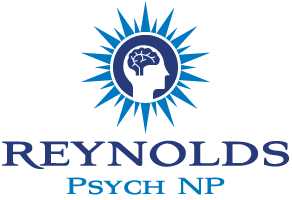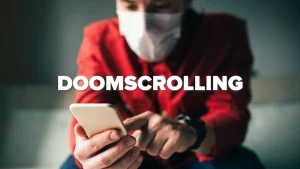When someone seeks help for mental health, one of the first steps is a psychiatric evaluation. This process helps clinicians understand a person’s symptoms, medical history, and overall wellbeing so they can create an effective treatment plan. Many patients wonder how long a psychiatric evaluation takes, especially if it is their first time. The answer depends on several factors, but knowing what to expect can ease uncertainty and help you prepare.
1. What Is a Psychiatric Evaluation?
A psychiatric evaluation is a structured assessment conducted by a psychiatrist, psychiatric nurse practitioner, or licensed mental health professional. Its purpose is to:
- Identify symptoms and patterns of behavior.
- Rule out medical conditions that might mimic psychiatric symptoms.
- Determine whether medication, therapy, or both are needed.
- Create a personalized treatment plan.
This process is not rushed. Mental health assessments require time to build trust, gather accurate information, and ensure nothing important is overlooked.
2. Average Time for a Psychiatric Evaluation
While each case is unique, here are the typical timeframes:
- Initial evaluation (first appointment): 60 to 90 minutes.
- Follow-up visits: 20 to 45 minutes.
- Emergency evaluation: 20 to 40 minutes.
- Child and adolescent evaluations: 90 to 120 minutes, sometimes over multiple sessions.
- Forensic or legal evaluations: Several hours, often across multiple days.
3. Factors That Influence Evaluation Length
The length of a psychiatric evaluation depends on several factors:
- Complexity of symptoms: Patients with multiple conditions, such as depression combined with substance use, often need longer assessments.
- Patient age: Children and teens require more time, as input from parents or teachers is usually included.
- Purpose of evaluation: A quick emergency room assessment focuses on safety, while a forensic evaluation demands extensive documentation.
- Information sources: When records, family input, or past treatment details are included, the evaluation takes longer.
4. Step-by-Step Process of an Evaluation
A typical 60–90-minute psychiatric evaluation includes:
- Introduction and rapport building – A few minutes to establish comfort.
- History of present illness – Discussion of symptoms, when they started, and how they affect daily life.
- Past medical and psychiatric history – Review of prior diagnoses, treatments, or hospitalizations.
- Family and social history – Information about family mental health, upbringing, education, and work life.
- Mental status examination – Observation of appearance, mood, thought process, speech, memory, and behavior.
- Risk assessment – Screening for suicidal thoughts, self-harm, or risk to others.
- Discussion and treatment planning – Explanation of findings, diagnosis if appropriate, and next steps for care.
This process allows the clinician to see both the big picture and the details that matter for safe and effective treatment.
5. Special Situations
- Emergency settings: In a hospital or ER, the evaluation is shorter, focusing only on immediate safety and stabilization.
- Children and teens: These assessments often involve both the child and parent in separate portions of the interview.
- Legal or forensic cases: Because these evaluations may be used in court, they are much longer and require in-depth notes and collateral sources.
6. What Happens After the Evaluation?
After completing the evaluation, the clinician may:
- Share a preliminary diagnosis.
- Recommend therapy, lifestyle changes, or medication.
- Schedule follow-up visits for ongoing care.
- Provide referrals to other specialists if needed.
The evaluation is not the end of care; it is the starting point for treatment and recovery.
Final Thoughts
So, how long does a psychiatric evaluation take? In most cases, expect 60 to 90 minutes for an initial appointment and shorter sessions for follow-ups. Special cases, such as emergency or forensic evaluations, may take less or significantly more time.
If you or someone you love is considering a psychiatric evaluation, it is important to seek care from a trusted provider who takes the time to understand your unique situation.
If you are ready to take the first step toward better mental health, contact us today to schedule a confidential psychiatric evaluation with Reynolds Psych NP.







